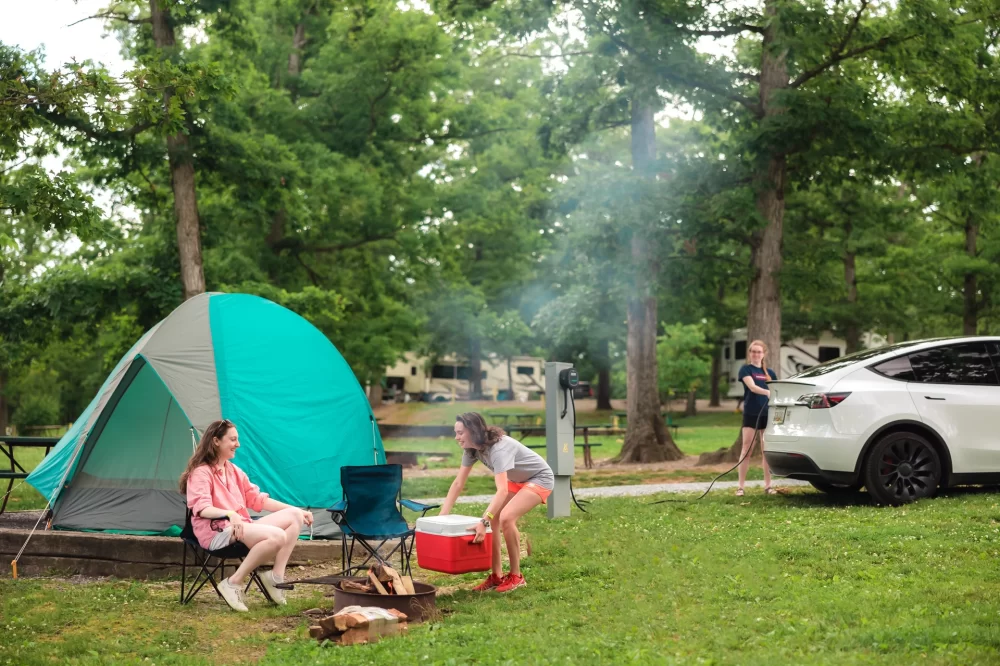Discover essential camping safety tips for beginners, ensuring your outdoor adventure is both fun and safe. Learn key precautions, camping gear essentials, and expert advice to make your camping experience unforgettable.

Essential Camping Safety Tips for Beginners
- Camping Safety Tips for Beginners
- Essential Camping Gear Checklist
- Expert Advice on Staying Safe
- Real-Life Camping Experiences
1. Camping Safety Tips for Beginners
Camping is an exciting and immersive experience, but safety is a top priority, especially for beginners. Whether you’re hiking through the mountains or camping by the lake, these simple yet crucial safety tips will help you stay safe and enjoy the great outdoors.
- Know your environment: Before heading out, familiarize yourself with the area you’re camping in. Check the weather forecast, research local wildlife, and understand the terrain.
- Pack the essentials: Always pack a first aid kit, flashlight, compass, and extra food and water. These items can make a big difference in an emergency situation.
- Stay informed about wildlife: In areas where wildlife is present, be aware of potential risks and learn how to safely store food and dispose of waste to avoid attracting animals.
- Share your plans: Always inform a friend or family member about your camping itinerary, including your expected return time.
2. Essential Camping Gear Checklist
Having the right gear can make a huge difference in your camping experience. For beginners, it’s easy to feel overwhelmed with the vast array of camping equipment available, but focusing on a few key essentials will ensure you’re well-prepared for your trip.
- Quality Tent: A durable and waterproof tent is the foundation of any camping trip. Make sure it’s appropriate for the weather conditions you may encounter.
- Sleeping Bag and Mat: Choose a sleeping bag suitable for the temperatures you might experience, and don’t forget a sleeping mat for comfort and insulation.
- Portable Stove: A compact stove will allow you to cook meals safely and efficiently while outdoors.
- Clothing and Footwear: Pack layers of clothing, including waterproof gear, and sturdy hiking boots to keep you comfortable on your adventures.
3. Expert Advice on Staying Safe
Camping experts emphasize the importance of preparation and knowledge when it comes to safety. From staying hydrated to understanding fire safety, here are some expert tips for beginners:
- Hydration: It’s easy to forget to drink water when you’re having fun, but staying hydrated is essential to prevent dehydration and heatstroke. Always carry enough water and a filtration system for refills.
- Fire Safety: If you plan to build a campfire, always follow fire safety rules. Keep fires small, never leave them unattended, and make sure they’re completely extinguished before you leave.
- Emergency Plans: Know what to do in case of an emergency. This includes knowing the location of the nearest hospital or ranger station and having a reliable method of communication.
4. Real-Life Camping Experiences
Hearing about other campers’ experiences can offer valuable insights. Take Sarah’s story as an example: she and her friends went camping in the Sierra Nevada, where they were faced with unexpected rain. Thanks to their preparation (including waterproof gear and a well-stocked first aid kit), they were able to stay safe and have an amazing adventure despite the weather challenges.
Or consider Mark’s experience in Yellowstone, where a sudden wildlife encounter caught him off guard. By following the right safety procedures, such as maintaining a safe distance from animals and securing his food, he avoided any dangerous situations and learned the importance of respecting nature.
Hidden Creek Farm and Camping Pitch
805 Jesse Byrd Rd, Hartsville, SC 29550, USA
Visit Location PageIndian Creek Landing Campground
682-, 690 Ohio River Scenic Byway, Vevay, IN 47043, USA
Visit Location Page